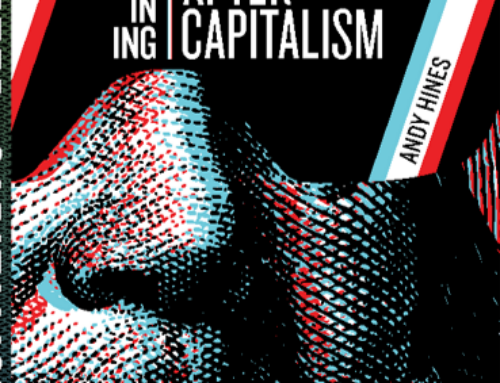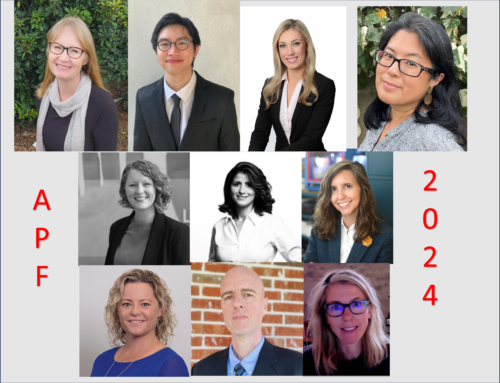Houston Foresight alum Dennis Morgan edited a special issue “Overshoot and Collapse: a wake up call” in response to Richard Slaughter’s “Biggest Wakeup Call in History, for the most recent “On the Horizon.” In addition to serving as guest editor, Dennis contributed a piece called: “Structural criminality within the “collective shadow”: disaster capitalism and the globalization of ruling power.” The essence of his argument is that: “For the first time in history, largely due to the emergence of global consciousness and, more recently, the advent of the internet, it is conceivable that authentic global democracy could emerge as an alternate network power, which challenges the structural criminality within the collective shadow, as well as the secret rule of the Empire Power Elite.”
Three other members of the Houston Foresight community contributed pieces to the special issue: student Jim Breaux, alum & adjunct faculty Terry Collins, and Program Coordinator Andy Hines.
Jim’s piece is “Communicating overshoot and collapse: based on a review of Richard A. Slaughter’s The Biggest Wake-up Call in History.” Jim critiqued conventional versus integral-type communications strategies and suggests alternatives as a way to explore the alignment of the sender and receiver in communications, finding that the alignment can be improved or degraded depending on the contextual framework.
Terry’s piece is “Towards an integral futures vision.” She argues that visioning needs to be near the beginning of the future’s practice with the focus on presencing — “what does the future want from us in this matter?” She concludes it will take maturity, being conscious, and having an attitude of gratitude and service to something bigger than ourselves.
Andy’s piece “Shifting Values: Hope and Concern for “Waking Up,” took up the challenge of exploring how changing values (as explored in ConsumerShift) might help – or hinder – the need for global society to wake up and respond to the significant global issues ahead. He sees long-term values changes offer both hope and concern for addressing the global emergency. The hope comes from development in postmodern and integral values, suggesting that the rise of postmodern values could lead to greater awareness of the global emergency and that the rise of integral values in particular could lead to greater action in addressing it. A concern is that modern values suggest priorities reinforcing the trends and developments, such as a massive rise in consumption, driving the global emergency and that these values are increasingly prevalent in the emerging markets that make up the largest share of the global population.
Congrats to Dennis, Jim, Terry, (and me) for representing Houston Foresight in print! Andy Hines





